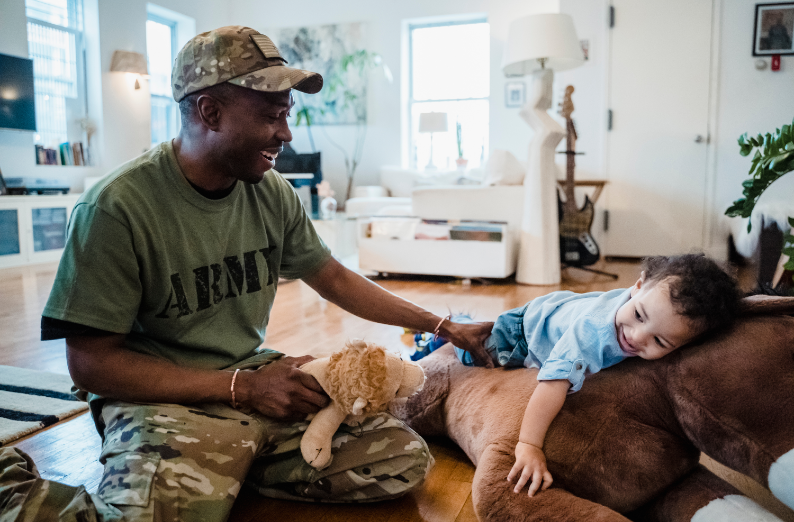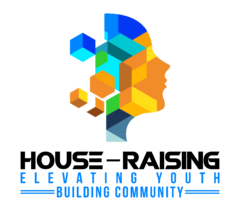There’s been a long understanding that when it comes to juvenile justice there needs to be a different approach and method of accountability. An approach that holds a youth accountable but provides meaningful early intervention geared at keeping the youth out of the system. An intervention that will prevent them from repeatedly entering the legal system throughout their lifetime and becoming what is known as a career criminal. In the conversations from leaders, advocates and the community, an emphasis of needing to not only intervene in the youth’s life but also provide a positive supportive intervention in the family’s life is needed as well.
The family unit, who the primary care takers are and what a “traditional” home setting is, have changed over the years. Parental incarceration and re-entry into the community. Grandparents parenting their grandchildren. Older siblings raising their younger siblings. Single parents working multiple jobs. Youth in the foster care system and adjusting to an unknown family unit. These are all some of the complexities affecting successful interventions of our at-risk youth.

Providing a youth the opportunity to change and thrive in life without addressing their home environment will lead to limited success for the youth. It is vital that we find ways to support families, giving them the tools and knowledge to address and overcome their barriers which will allow them to then better support and foster their child during the intervention and beyond.
Communities are the key to these successful interventions. A community coming together to provide ots resources, it’s knowledge and its support is how families can thrive. It creates a connectedness and eliminates the sense of being alone. Each member and aspect of a community provides key role in the developement of a healthy, diverse, understanding of the world around a youth. A youth will see a community coming together to support their family building a sense of belonging, a stronger moral compass and a larger pool of supportive adults they can learn from.
As we continue to hold at-risk youth accountable and provide positive interventions, we as a community need to come together to support our family units. The conversations continue to come up with and create unique ways of supporting those who support our youth. It takes a community to raise the next generation and it takes a community to ensure no family unit falls between the cracks and is left behind. Together we can create opportunity for everyome to be successful as we build and strengthen our communities.
